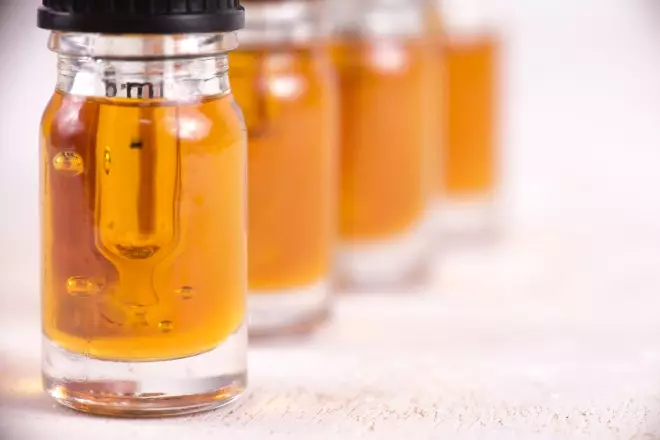
Shutterstock.com
An international expert panel has issued a “weak” recommendation to offer a trial of non-inhaled medical cannabis, or cannabinoids, for people with chronic pain, if standard care is not sufficient.
The BMJ rapid recommendation, published on 9 September 2021, applies to adults and children living with moderate-to-severe chronic pain, regardless of pain mechanism, including cancer-related chronic pain. It aims to address the confusion around the role of medical cannabis in the management of chronic pain.
The recommendation includes a linked series of four systematic reviews summarising the current body of evidence, as well as patient values and preferences, regarding medical cannabis or cannabinoid for chronic pain.
In its review, the guideline panel said that it was “confident” that non-inhaled medical cannabis or cannabinoids resulted in a “small” increase in the proportion of people living with chronic pain experiencing an “important” improvement in pain and sleep quality; and a “very small” increase in the proportion experiencing an improvement in physical function.
They said that the treatment did not improve emotional function and could result in a “small to very small increase” in the proportion of people experiencing cognitive impairment, vomiting, drowsiness, and a “moderate increase” in the proportion experiencing dizziness.
The panel also said they were “less confident” about whether use of medical cannabis or cannabinoids result in reduced use of opioids or increased risk of cannabis dependence.
They added that the recommendation was “weak” because of the close balance between benefits and harms of medical cannabis for chronic pain.
“It reflects a high value placed on small to very small improvements in self-reported pain intensity, physical functioning and sleep quality, and willingness to accept a small to modest risk of mostly self-limited and transient harms,” the guideline panel said, adding that shared decision making was required to ensure patients made choices that reflect their values and personal context.
“Further research is warranted and may alter this recommendation,” they continued.
Andrew Yates, pharmacy lead at the Centre for Medicinal Cannabis, said the “important recommendation” was “greatly welcomed” by the organisation.
“It represents a number of important firsts: it’s the first recommendation related to CBMPs [cannabis-based medicinal products] that treat chronic pain as one condition regardless of cause, it’s the first recommendation that has taken account of patient values and preferences so often forgotten about, and it’s the first recommendation that is easily translated into existing UK guidance for using non-inhaled formulations, and only after other therapies have been deemed unsuitable for the use of CBMPs.
“We hope that this new recommendation is reviewed rapidly by NICE [National Institute for Health and Care Excellence] who currently do not recommend the use of CBMPs, as currently only patients who are able to pay privately for their medicine will benefit from this recommendation which will result in a two-tier system when it comes to access to cannabis medicines here in the UK.”
The NICE clinical guideline on cannabis-based medicinal products does not currently recommend their use for chronic pain.
A spokesperson for NICE said the rapid recommendation “does, however, acknowledge the need for more research to build the evidence base for the use of these medicines, and supports NHS England’s call to collect evidence from both randomised controlled trials and observational studies”.
The rapid recommendation states that therapeutic trials should start with low-dose non-inhaled cannabidiol products, gradually increasing the dose and delta-9-tetrahydrocannabinol (THC) level depending on clinical response and tolerability.
READ MORE: Medical cannabis has yet to live up to the hype


